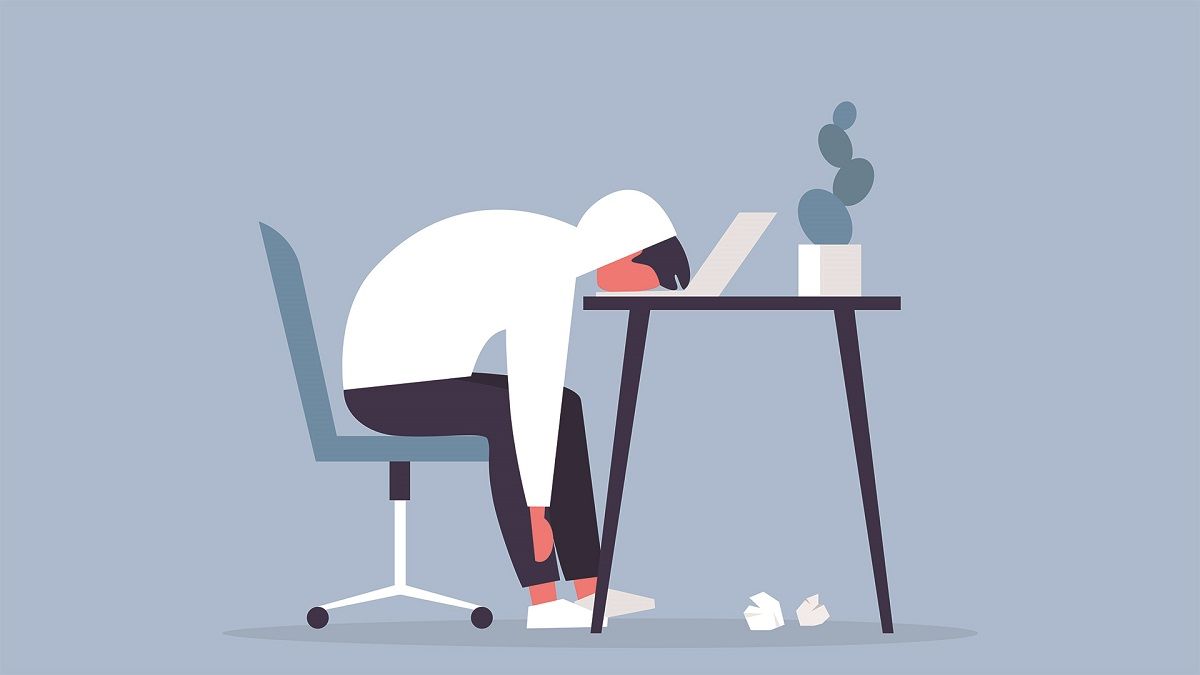The radical changes caused by the pandemic have resulted in great levels of fatigue among the workforce worldwide. The multiple outbreaks of coronavirus, the high level of uncertainty, the economic crisis and totally altered work and personal routines, have aggravated the situation throughout 2021.
In this context, with the whole year on one’s shoulders, “burnout” or burnout worker syndrome can appear, a state of extreme physical and mental exhaustion, which is produced by pressures and chronic stress and which must be treated by healthcare professionals.
Regarding this disorder that has spread as a result of the pandemic, Andrea Ávila, CEO of Randstad for Argentina and Uruguay, said: “The coronavirus turned our lives upside down, transforming everything. The alteration of our daily habits and our way of working, as well as the accustoming to a long period of routines of low displacement and limited socialization are combined with the overload of tasks within the home, resulting in a combo that can negatively impact on the health of employees. In these cases, the accompaniment of the organization, and especially of the team leaders, is key to contain and accompany people who suffer from burnout or another disorder derived from extreme stress and exhaustion, so that they consult a health professional and can be treated ”.
These are the 5 most important factors identified by Randstad’s talent management experts to be able to detect if we are facing a case of burnout:
1. Lack of motivation
A key sign of burnout is a lack of motivation to perform any type of task. The person does not have energy and is overwhelmed thinking about all the obligations and commitments that must be fulfilled, loses enthusiasm and may even feel rejection towards his job and the company for which he works.
2. Lack of concentration and difficulty making decisions
Extreme tiredness can also lead people to experience decision-making difficulties in the workplace. A correct and effective decision requires a high cognitive effort, clarity of thought and a high level of concentration, skills that are seriously affected under the effects of burnout.
3. Relationship problems and isolation
Burnout also influences the way we interact with bosses and co-workers, making those who suffer from it tend to isolate themselves and become uncooperative people.
4. Frustration, irritability and negativity
Chronic stress brings out the worst in each of us, makes us irritable, negative, moody and takes away clarity, affecting our discernment. Any work problem becomes personal, a constructive comment is assumed as a negative criticism, undermining the proper functioning of the teams and constantly leading to situations that strain ties.
5. Lack of resilience
Another factor that characterizes burnout is the lack of resilience, that is, the ability to overcome a problem and emerge stronger. It is natural for failure, bad news or criticism to make us feel momentarily bad, but if the discomfort or anger persists, this indicates that there is something else and that it is affecting our performance and the relationship with our colleagues.
“An understanding boss who can alleviate tasks or authorize rest days, a human resources team that evaluates whether the person’s performance area is the most appropriate to their interests and training, and a group of empathetic colleagues who are attentive to the signs, accompany and give support, are key links to recover the well-being of employees who suffer from burnout. Of course, it is also key that the person accepts that he is going through a crisis and allows himself to be helped “, added Andrea Ávila.
Source From: Ambito
David William is a talented author who has made a name for himself in the world of writing. He is a professional author who writes on a wide range of topics, from general interest to opinion news. David is currently working as a writer at 24 hours worlds where he brings his unique perspective and in-depth research to his articles, making them both informative and engaging.




